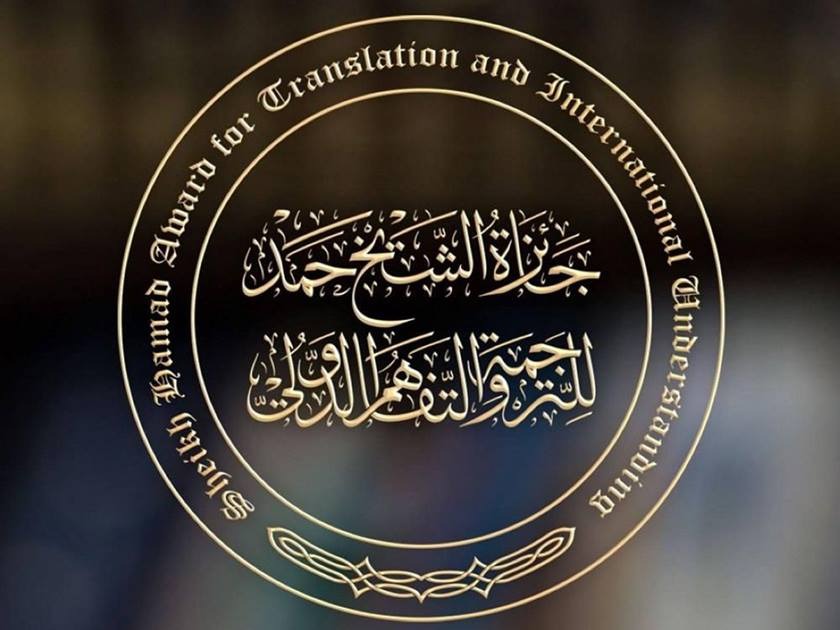The Sheikh Hamad Award for Translation and International Understanding’s media team recently organized an online symposium to celebrate International Translation Day. The symposium, titled “Challenges of Translation in a Changing World,” featured male and female translators from various languages sharing their insights on the role of translation in connecting nations, cultures, and people. Participants touched on their personal experiences in the field, highlighting the difficulties and challenges they encounter during their work.
Kuwaiti writer Saadia Mufarreh, who moderated the event, emphasized the importance of honoring translators and recognizing their contributions to fostering friendship, creativity, and diversity. The award aims to promote knowledge, dialogue, and cultural exchange by spreading Arab and Islamic culture and enhancing international understanding through translation and Arabic events. Additionally, the award seeks to support academic specialization and training in translation.
Algerian translator Dr. Al Hawari Ghazali discussed translating Arabic poetry in the digital age, focusing on the impact of technological advances and artificial intelligence on the field. He highlighted the Master of Translation Department at the University of Paris, where he teaches, and the rigorous training program for developing translators proficient in various languages. Ghazali addressed the challenges posed by the proliferation of machine-translated texts and the need for human intervention to ensure accurate and meaningful translations.
Syrian translator Buthaina Al Ibrahim shared her experience translating a novel that presented unique linguistic challenges. She explained her decision to deviate from traditional translation norms by preserving the raw and imperfect language of the protagonist in the novel. Despite the unconventional approach, Al Ibrahim aimed to capture the author’s voice and style authentically, showcasing the translator’s role in conveying the writer’s intentions effectively to the readers.
Jordanian translator Dr. Bassem Al Zoubi highlighted the significance of translation in facilitating cross-cultural communication and understanding. He emphasized the role of literary translation in bridging linguistic and cultural gaps, underscoring the importance of professional translators with a deep understanding of both the source and target languages. Al Zoubi touched on the challenges faced by translators, including the public’s limited awareness of translation’s value in disseminating knowledge and promoting cultural exchange.
Kuwaiti translator Dalal Nasrallah delved into the nuances of literary translation, focusing on the importance of linguistic mastery and cultural awareness in conveying the aesthetic beauty of a text. Nasrallah outlined the essential skills required for literary translators, including writing proficiency, cultural knowledge, and the ability to capture the writer’s voice and style faithfully. She emphasized the need for translators to possess a deep understanding of idiomatic expressions and linguistic nuances to create an authentic and engaging translation.
Lastly, Syrian translator Reem Al Sayed discussed the challenges of translating Arabic poetry, particularly in preserving the cultural and rhetorical elements unique to the genre. Al Sayed emphasized the need for translators to grasp the cultural context and nuances of Arabic poetry to convey its emotional depth and artistic richness effectively. She highlighted the importance of rephrasing and linguistic creativity in capturing the beauty of Arabic poetry in translation while acknowledging the difficulties posed by language-specific nuances and complexities.











